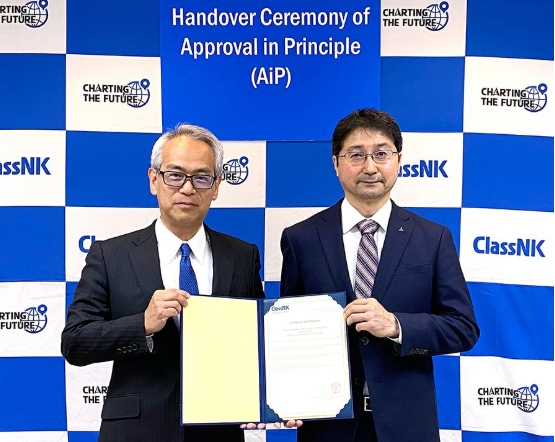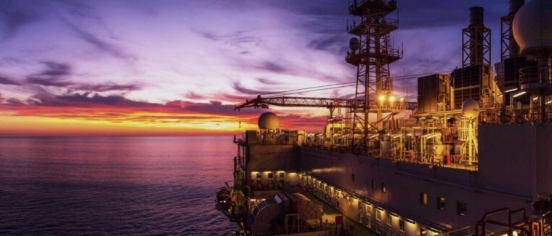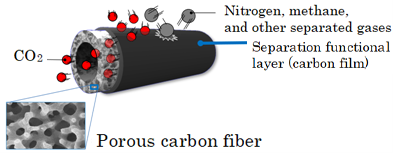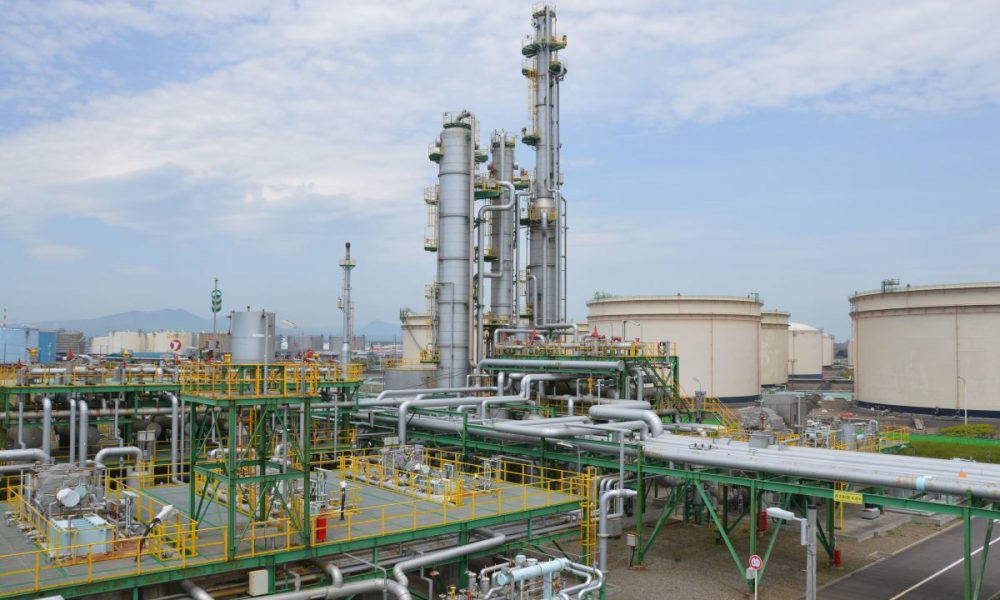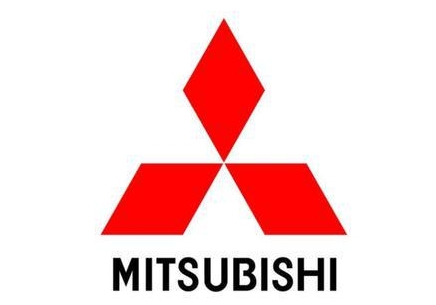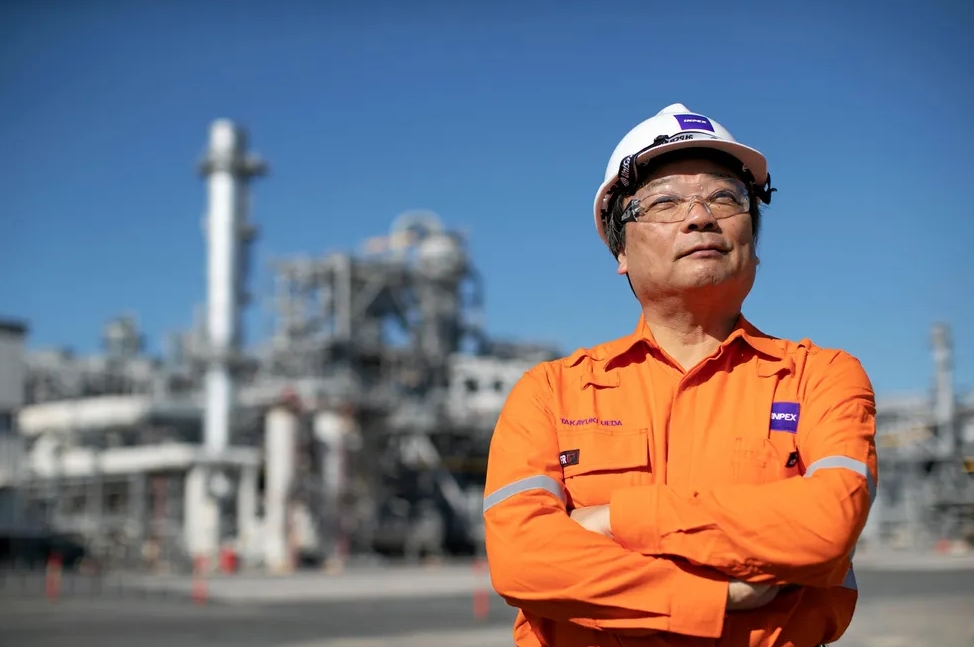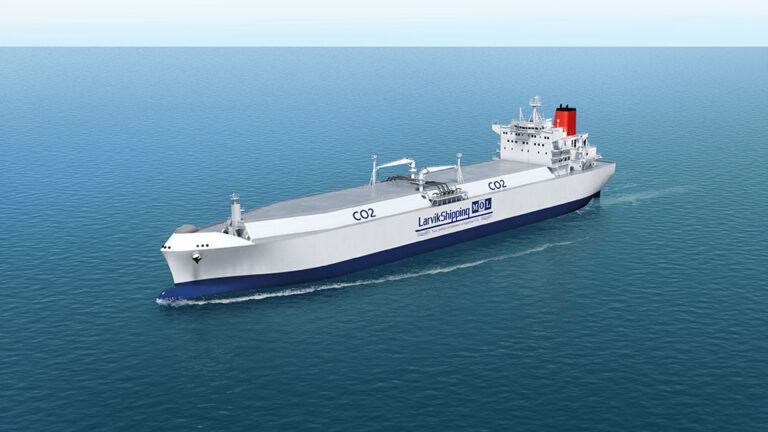
The project includes capturing CO2 emissions from ENEOS refineries and J-Power thermal power plants in the Seto Inland and Kyushu regions. The planned storage capacity is 1.7 million tonnes per year in marine saline aquifers off western Kyushu.
MOL conducted an initial study of the voyage plan for a liquefied CO2 carrier, estimated marine transport costs, and identified risks and issues in low-temperature, and low-pressure transportation.
During the 2024 fiscal year, MOL will conduct the subsequent phases of the feasibility study, including the study of vessels to be used for CO2 transport and the identification of major risks and issues in liquefied CO2 transport. The aim is to start the practical implementation of a domestic CCS value chain by FY2030, the company revealed.
Japan has set a carbon neutrality goal by 2050, and its “GX Promotion Strategy” sets out a policy to develop a business environment for the start of CCS projects by 2030.
As part of this initiative, the Ministry of Economy, Trade and Industry (METI) and JOGMEC are launching projects with the potential for large-scale operations as “Advanced CCS projects.” They provide integrated support for the entire value chain, from CO2 separation, capture, and transport, to storage, MOL noted.
To remind, in August this year, the Japanese shipowner joined forces with K Line, NYK Line, Mitsubishi Shipbuilding, Imabari Shipbuilding, Nihon Shipyard, and Japan Marine United Corporation (JMU) to develop LCO2 carrier design and enable large-scale LCO2 transport by 2028.
